Have you ever felt you can’t go out wearing a dress until your husband comes and tells you, “You look great”? Or do you need to ask your wife which restaurant you’ll order food from every single time? Well, chances are you are codependent. You may feel stifled in such relationships because of how much you care about your partner’s validation and concerns. So, is that a bad thing? Well, more often than not, such a connection can’t be termed a healthy relationship. So, how to heal from codependency? Before we answer that question, let’s look at how this word originated.
Interestingly, the word codependency was first used in the context of alcoholics and victims of substance abuse and their relationships with their friends, partners, and families. The idea was, in such relationships, one person becomes the enabler of the abuse. Now, the word denotes unsatisfying relationships where one partner keeps no stone unturned to appease the other, often at the expense of their own individuality. Read on, as we explore codependency and its signs, find out how it affects you, throw light on the stages of codependency recovery, and offer some tips for healing codependency, with the help of our expert relationship counselor Ruchi Ruuh (Postgraduate Diploma in Counseling Psychology).
On Codependency And Its Role In A Relationship
Table of Contents
So, what is codependency, really? When does it affect your relationship negatively? Is it only seen in dysfunctional relationships? Ruchi says, “Codependency is a relationship dynamic in which partners rely on each other for emotional validation and a sense of identity. In a lot of cases, it can be a healing dynamic, but it can become unhealthy where there are extreme levels of emotional attachment.”
Related Reading: Codependent Relationship Quiz
We’ll look at some basic features of codependency:
● In such cases, boundaries are blurred, making it difficult for people to maintain their well-being and independence
● Individuals lose a sense of self and they start prioritizing their partner’s needs over their own
● There is a lack of personal space, and partners end up becoming too clingy
● When codependency is normalized, it can lead to destructive codependent behaviors too. “For instance, people can blackmail their partners or make them feel inadequate,” Ruchi adds.
However, codependency is a term that many use in a positive sense. Women often take pride in being codependent and not fiercely independent, indicating that they are more balanced in their lives and value their partners’ opinions. Certainly, codependency is also not a hated word like feminism is in a man’s world. But too much codependency can be tricky. So, codependency may not necessarily be negative, but it can turn toxic and abusive if it is extreme. Though not much research has been conducted on this concept, one of the few studies on it has proved that its core components include “a lack of clear sense of self” and emotional imbalance, among other factors.
How To Know If You Are Codependent
Codependency has clear signs, and to address it in your relationship, you need to know if you are codependent in an extreme way. So, if you or your partner show any of the following signs, you are definitely in a codependent relationship:
● Excessive focus on your partner: If you’re constantly bothered about your partner’s needs and desires over your own and find yourself agreeing to every choice they make (to avoid arguments), you may be in a codependent bond
● Loss of identity: Ruchi says, “When you become so entwined with your partner that your entire identity is based on what your partner identifies as or interested in, you are codependent.” An example of this could be an artist who quits painting and takes to golf to please their golfer spouse
● Low self-esteem: In codependency, your self-worth depends on your partner’s validation. One critical comment from them can leave you feeling worthless. Ruchi adds, “In such cases, you’re waiting for them to motivate you to take up a hobby or excel at your work. You don’t see your own accomplishments.”
● Lack of boundaries: Not being able to say “No” or take up personal space is a sign of codependency. Ruchi adds, “An example of this is when your husband spends a lot of money and then asks you for more. So, even if you don’t have money to spare or are unable to help them, you don’t say “No” just to avoid conflict.”
Related Reading: How To Stop Being Codependent In A Relationship – Expert Explains
● You’re terrified of your partner leaving: One clear sign of codependency is a constant fear of abandonment. Ruchi adds, “In such cases, people are either constantly checking on their partners or are anxious when their partners are out with their friends.” You also tend to accept disrespect for fear of being left alone
● You neglect yourself: Your own needs, family, and ambition take a backseat, in such cases. Ruchi explains, “You may not want to make any plans with your family, because you’re scared of losing focus on your partner. You’re scared you might drift apart.”
● You dismiss or minimize clear signs of relationship problems: In codependency, you tend to ignore your partner’s flaws and become self-critical instead. Ruchi says, “Even if your partner is verbally abusive or takes advantage of you, you dismiss these patterns.”
● Lack of autonomy: Since in codependency, your self-worth is low, you are incapable of taking decisions without consulting your partner. Ruchi feels, “When it comes to big life decisions, considering your partner’s opinions is normal. But the problem begins when you start consulting them for every minor issue, such as whether you should go out with your friends.”
How To Heal From Codependency – 6 Practical Tips
So, now that you know what codependency entails, you may ask, “Can you heal codependency while in a relationship?” More importantly, how do you heal from codependency after a breakup? What are some overcoming codependency exercises that you can put to use? Well, in this section, we will give you some practical tips on how to cure codependency:
1. Raise self-awareness
Though the stages of codependency recovery may not always be linear, the most significant way to start recovering is being self-aware. Ruchi adds, “Recognizing you’re codependent and acknowledging the behaviors and patterns that are detrimental to your relationship is important. You must locate the signs and find out how codependency is affecting your relationship.”
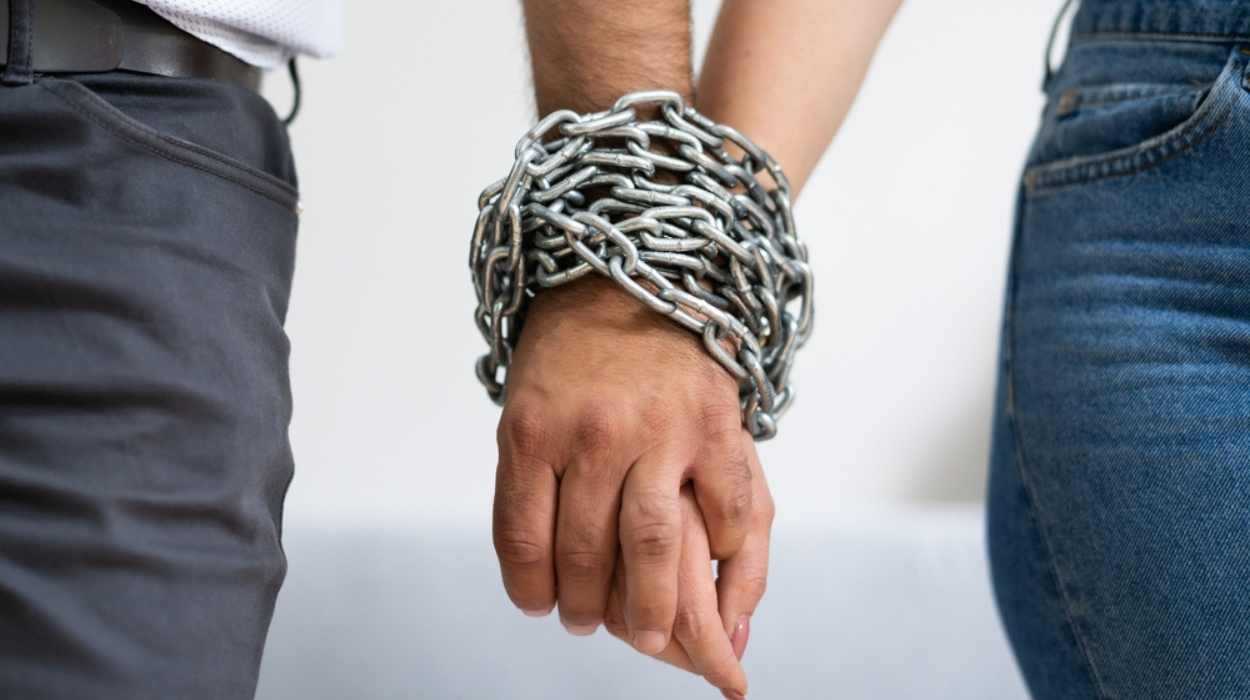
2. Set boundaries
One of the best tips for healing codependency is learning to set boundaries. Most people in such relationships are unable to establish healthy boundaries. Ruchi feels, “Understanding why you aren’t able to establish this boundary and why it’s difficult to say “No” is crucial to saving the relationship. Likewise, we need to realize that boundaries aren’t bad. More often than not, any boundary is a self-protective measure.” Here are some ideas on setting healthy boundaries:
● Tell your partner they need to ask you before calling their friends to a house party
● Make it clear that you aren’t available for household activities during work hours, even if you work from home
● Tell them they can eat whatever they want but shouldn’t stop you from enjoying a meal of your choice
Related Reading: 9 Signs Of Unhealthy Compromise In A Relationship
3. Indulge in self-care
If you’re still wondering how to cure codependency, you can try self-love. A codependent person will overlook their true identity in relationships because the focus is on seeking their partner’s validation. So, it’s your personal responsibility to make yourself a priority. Ruchi feels, “One should shift the focus to working hard for oneself, building self-compassion, finding a sense of self through activities that one likes.” You have to switch your focus to your own happiness and not feel guilty about it. Likewise, while prioritizing your emotional health, don’t forget about your physical health. You can do this by:
● Pampering yourself with a spa day
● Eating nutritious foods, getting enough sleep, and taking care of your well-being
● Taking up a hobby that you had quit earlier, such as music or sports
● Doing things that bring you joy and you don’t find time for anymore, such as reading or writing poetry
● Restarting your career if you quit it in the past because of the relationship
4. Build a network of supportive friends
Friends and family can be of great help in a person’s recovery process. They offer a safe space to express your concerns. Ruchi agrees, “If you have supportive friends and family, who understand that it’s a tough emotional journey for you, have a conversation with them. This will help you realize that there are parts of you that need to heal.” Likewise, fun and social connections will also help you focus on other things apart from your relationship.
Related Reading: The 7 Fundamentals Of Support In A Relationship
5. Ditch unrealistic expectations
One of the best ways to overcome codependency is to ditch perfection. Nothing in the world is perfect. And relationships aren’t either. So, the unrealistic expectations and standards in our relationships should be done away with. Ruchi feels, “Aiming at so much perfection isn’t necessary. One should work on the relationship issues to build a healthy bond instead.” You can do this by:
● Not worrying about how clean the house is, as long as you make an effort to clean it
● Focusing more on the quality time you spend with your partner than whether you appear perfect to them
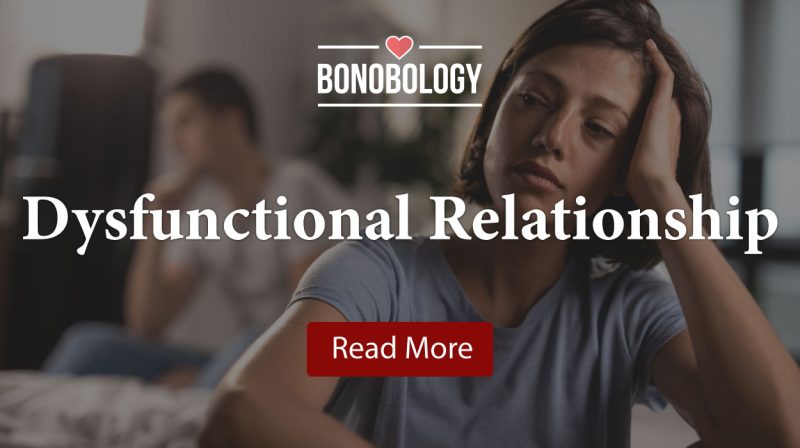
6. Seek professional help
If you aren’t able to fix codependency in your relationship or if you’re facing an uncomfortable or unsafe situation because of it, it’s always better to get help from a counselor who specializes in relationship issues. Ruchi adds, “A counselor can offer the guidance and tools required to address codependency. They can also provide a safe space for you to understand the negative patterns of codependency and help you navigate better.” If you need help with professional counseling, skilled and licensed therapists on Bonobology’s panel are here for you.
What If You Are Addicted To Codependency
The other name of codependency is ‘relationship addiction’. But can you be addicted to codependency? If yes, what leads to this addiction and how can it be addressed? Ruchi explains, “Codependent patterns develop in childhood. They stem from childhood trauma or peculiar dynamics in dysfunctional families, such as neglect, abuse, over-protection of children, and other unhealthy behaviors. Children in such relationships with their parents feel only their parents can save them and protect them from the world. What entails is an insecure attachment with parents. So, their parents’ approval is the only motivating factor in their lives.
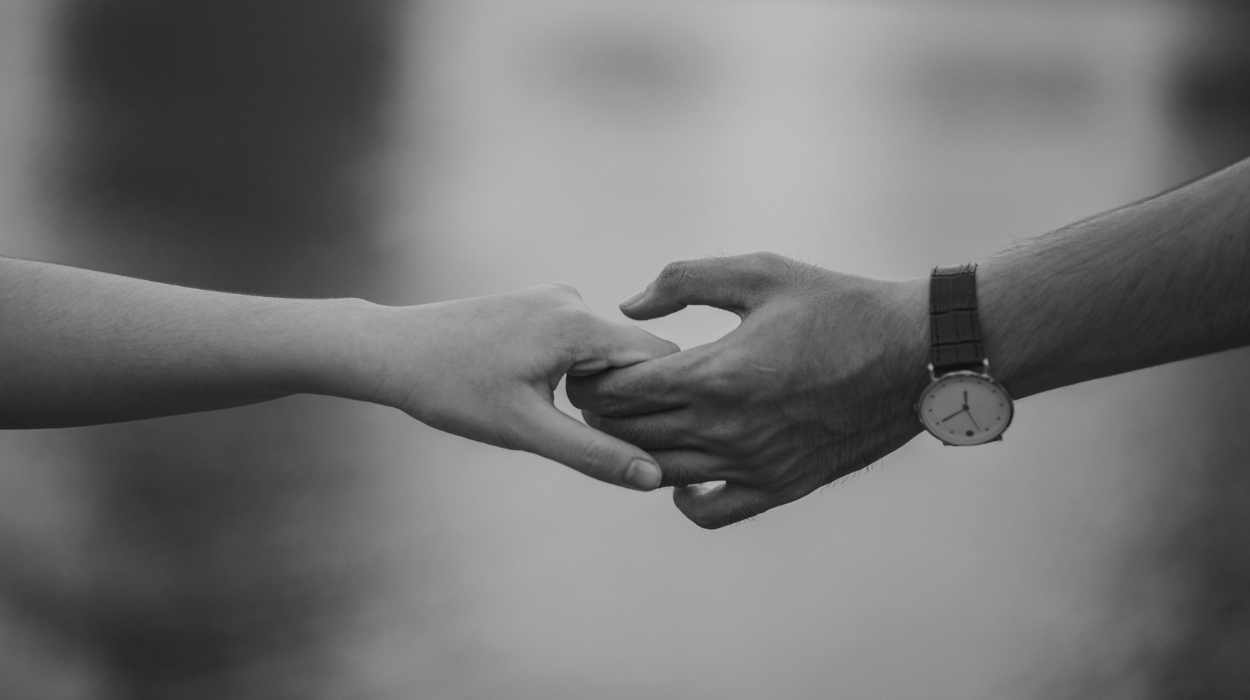
“Parents of such children may have been too anxious or avoidant. So, their children couldn’t create a secure bond with them,” she adds. These children, as adults later, may display repetitive patterns in their relationships, such as:
● The need for someone to fix their relationships or rescue them
● Abandonment issues, or the fear that if they don’t act in a certain way, they will be left
● Obsessive thoughts, such as worrying that whatever they do might affect their partners
Related Reading: 11 Expert-Backed Tips For Breaking Codependency In Relationship
All such emotional highs and lows in their relationships as adults may create an addiction that they need to heal from. They can’t function in healthy relationships. What is needed is the urge to heal and focus on codependency recovery. Ruchi suggests that one should “work with a good therapist, have a good support system, and let go of addictive beliefs and repeated patterns” to de-addict themselves of codependent behavior patterns. Group therapy and family therapy also help in such cases. She adds, “Healing from codependency can be a challenging process but may offer people a chance to discover a new side to their relationships. It may eventually be great for their self-esteem and confidence.”
Key Pointers
- Codependency is a relationship dynamic wherein one of the partners becomes too
concerned about pleasing the other partner, often at the expense of their own interests
and individuality - Codependent people usually show tell-tale signs, such as lack of boundaries, lack of
self-worth, self-neglect, lack of autonomy, and other codependent tendencies - Overcoming codependency exercises include raising self-awareness, creating
boundaries, focusing on self-care, building a network of trustworthy and supporting
friends, and ditching unrealistic expectations
So, now that you know what codependency entails, what its signs are, and how to deal with codependency in a relationship, we hope you will no longer let codependency ruin your bond with your partner. We hope you now have an answer to the question, “Can you heal codependency while in a relationship?” Remember, a relationship isn’t about being entangled irreversibly in a stifling mesh, it is about rediscovering yourself with your partner. Likewise, recovering from codependency is possible. So, instead of looking for external validation in your relationship, focus on your own feelings. Let the love and connection build up from within and show you the path ahead.
What Is A Codependent Marriage? Signs, Causes, And Ways To Fix
Healthy Vs Unhealthy Vs Abusive Relationships – What’s The Difference?
Your contribution does not constitute a charitable donation. It will allow Bonobology to continue bringing you new and up-to-date information in our pursuit of helping anyone in the world to learn how to do anything.

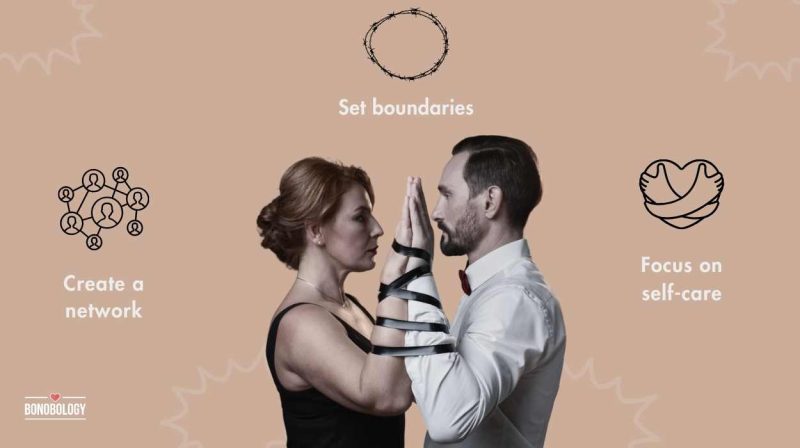

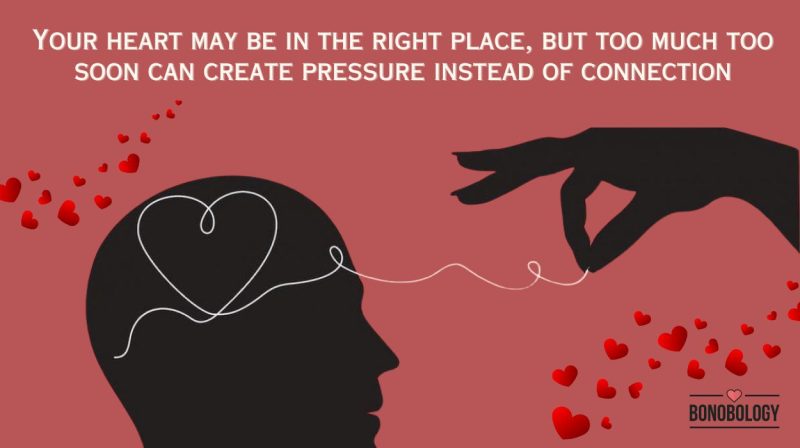

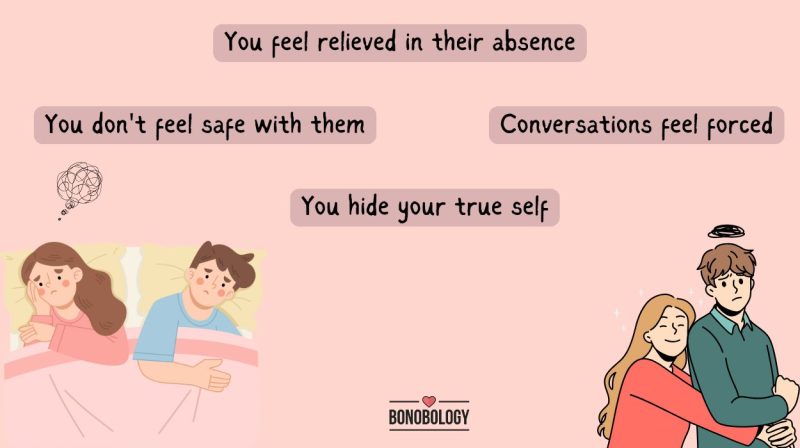




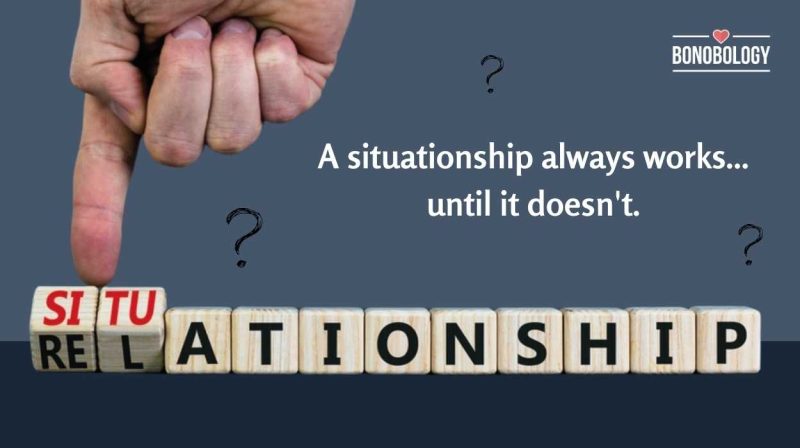

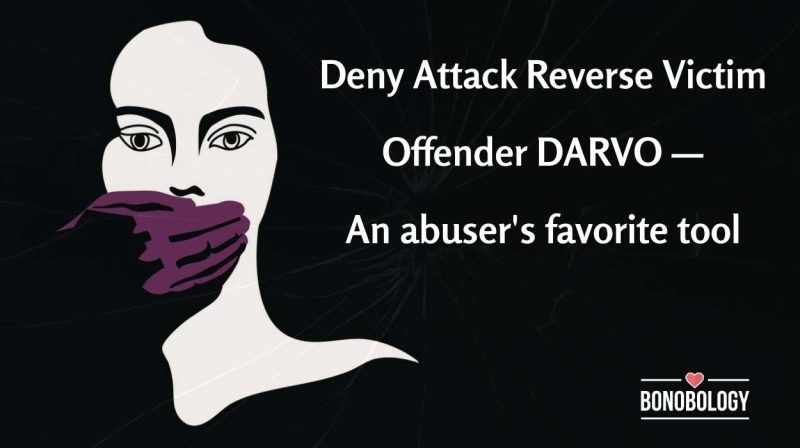

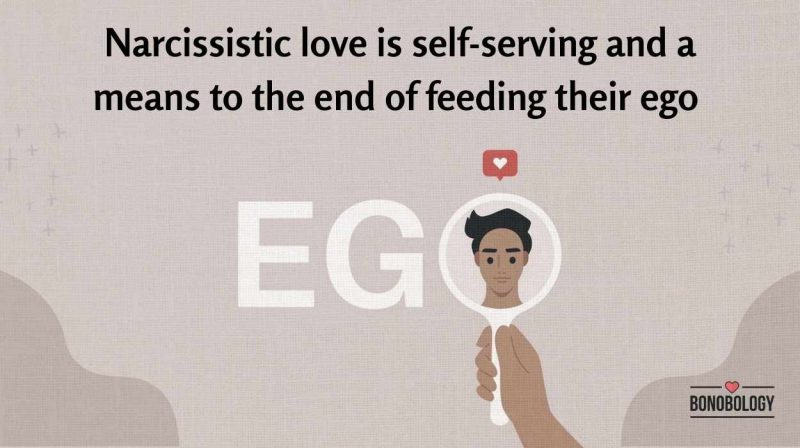
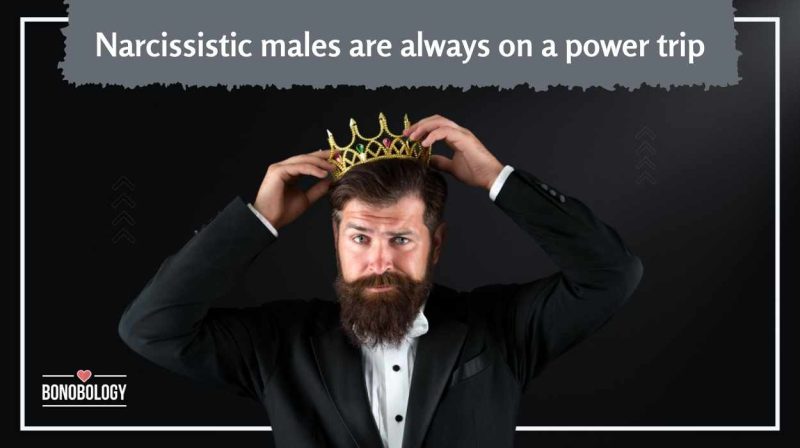
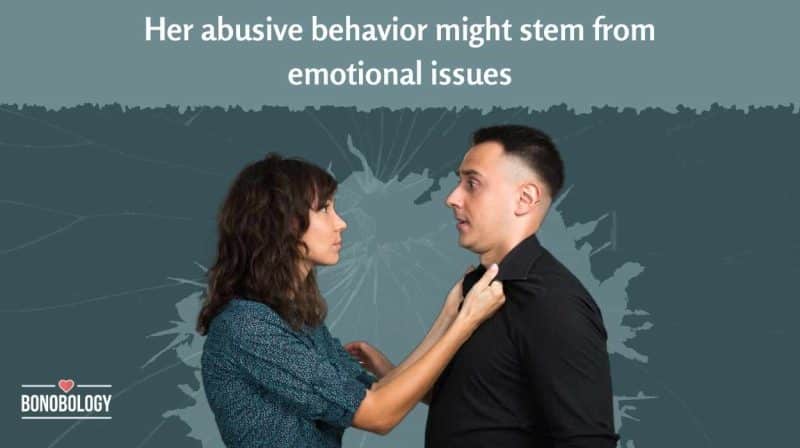
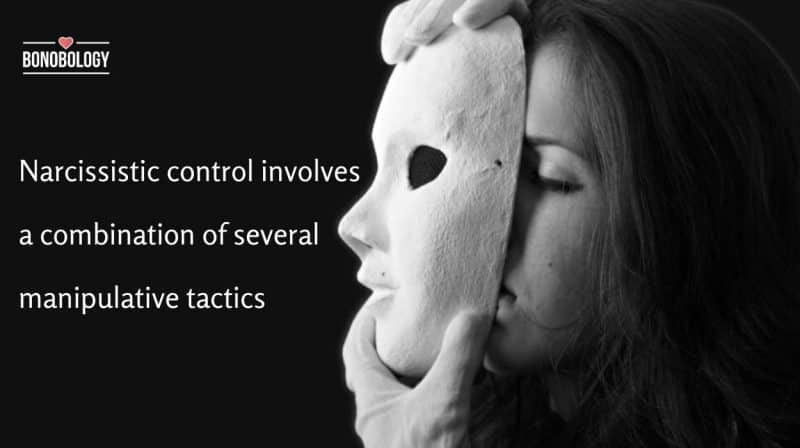
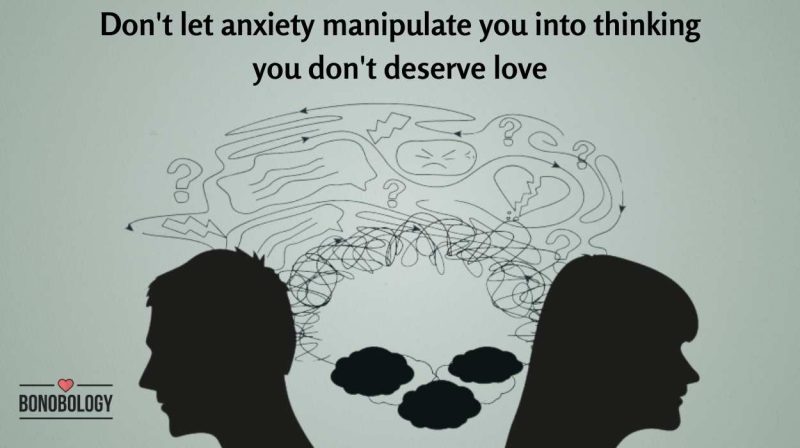
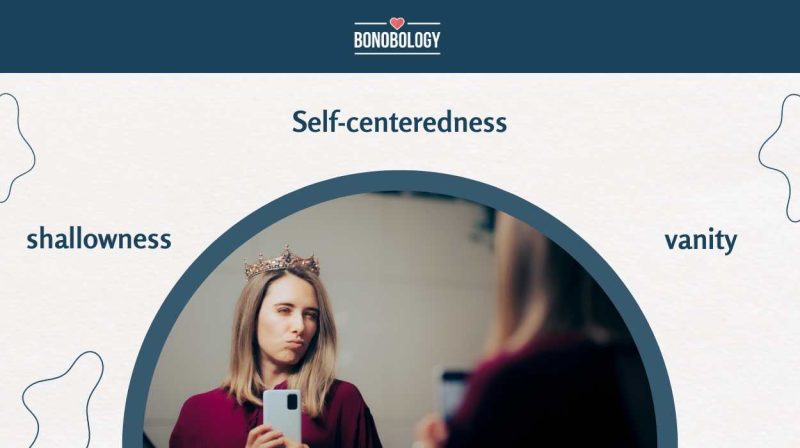
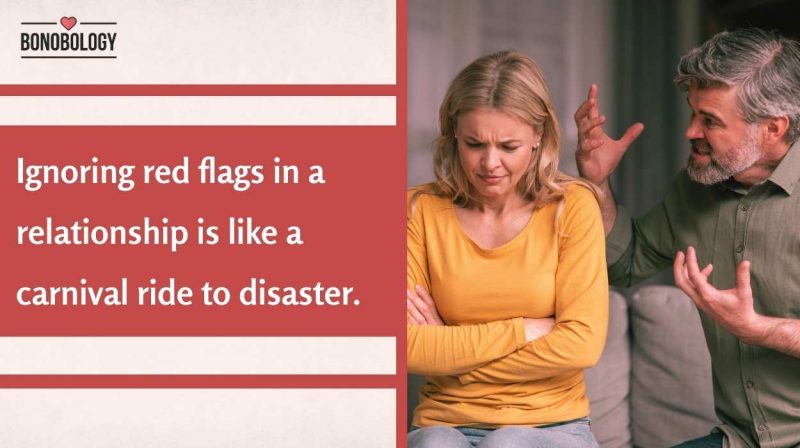
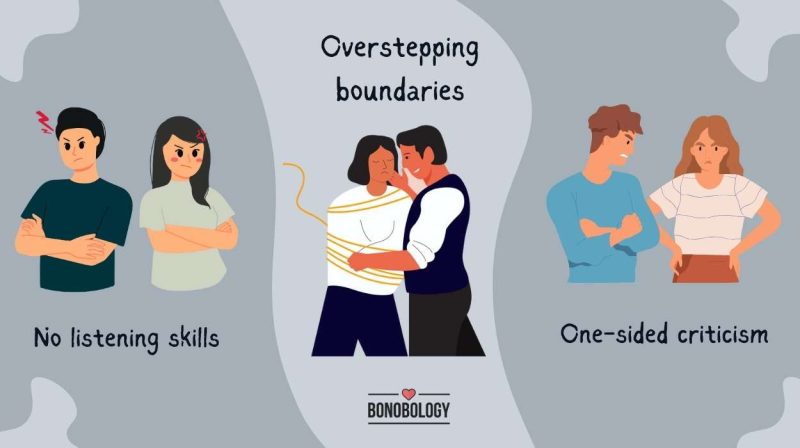
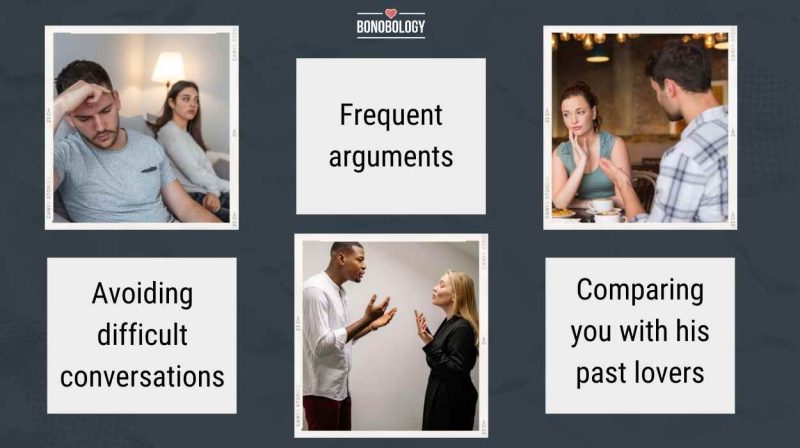
Featured
Unintentional Love Bombing: 9 Ways You May Be Overwhelming Your Partner
13 Signs Of A Hot And Cold Relationship & How To Break The Pattern
21 Subtle Signs You’re Not Really In Love With Your Partner
I Hate My Girlfriend: Why You Feel This Way And What To Do
When Health Challenges Affect Your Relationship Dynamics
5 Harsh But True Signs He’ll Never Marry You
21 Signs That You Are Alone In A Relationship
11 Situationship Red Flags You Should Know About
Why Do I Get Attached So Easily? 9 Possible Reasons and Ways to Stop
How To Respond To DARVO: Expert Lists 7 Strategies
What Is Fexting, And Why Is It Bad For Your Relationship?
Are Narcissists Capable Of Love?
11 Prominent Male Narcissist Traits to Watch For
Why Does My Girlfriend Hit Me? Expert Shares 11 Possible Reasons And Ways To Cope
How Does A Narcissist React When They Can’t Control You?
“My Anxiety Is Ruining My Relationship”: 6 Ways It Does And 5 Ways To Manage It
13 Distinctive Traits Of Female Narcissists Revealed
Recognizing The 13 Red Flags Of A Controlling Relationship
What Are The Examples Of Narcissistic Behavior In A Relationship?
11 Signs He Is Forcing Himself To Love You